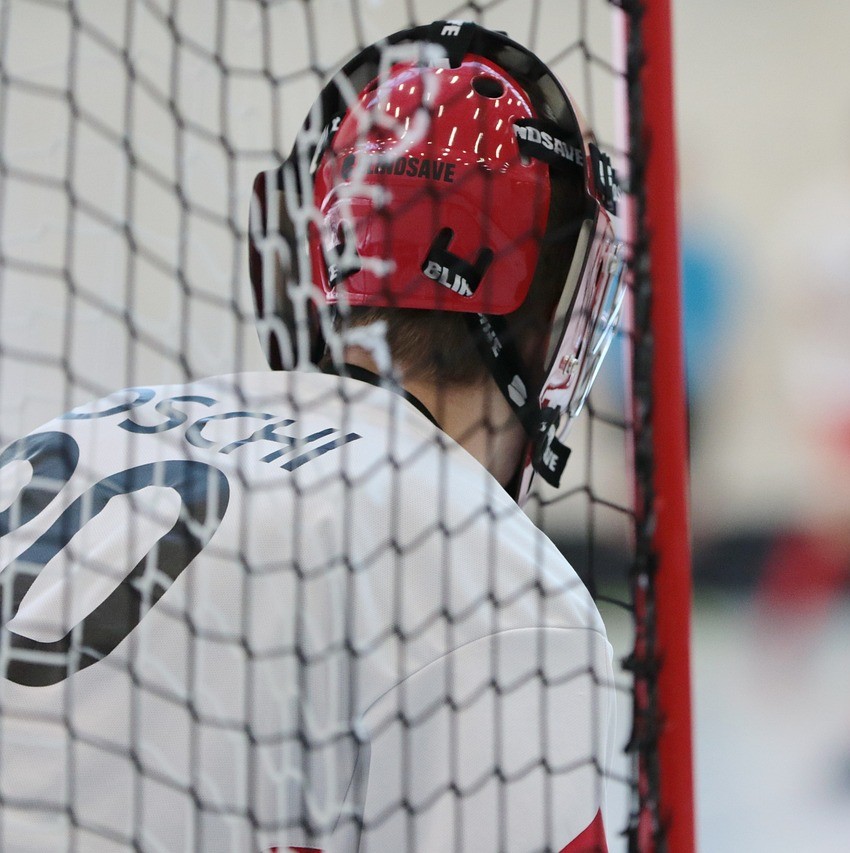In the world of sports, performance is not only about physical conditioning and skill. Mental performance is just as crucial, and one of the most important aspects of mental performance is stress management. Whether you’re preparing for a big game, dealing with pressure from competition, or recovering from setbacks, stress can significantly impact your ability to perform at your best. At Athletes Untapped, we understand the critical role stress management plays in athletic success, and we provide athletes with the tools and strategies needed to manage stress effectively and perform under pressure.
Understanding Stress and Its Impact on Sports Performance
Stress is a natural response to external pressures, but in sports, stress can come from many different sources—tight deadlines, expectations from coaches or teammates, performance anxiety, or even self-imposed pressure to succeed. While some stress can be motivating, too much can impair focus, reduce performance, and lead to burnout.
The key to success is not avoiding stress, but learning to manage it. Poor stress management can result in:
Mental Fatigue: Constant stress can drain mental energy, making it difficult to stay focused or motivated.
Decreased Focus: When stress overwhelms an athlete, it becomes harder to concentrate on the task at hand, leading to mistakes or missed opportunities.
Increased Anxiety: Elevated levels of stress can trigger anxiety, making it challenging for athletes to remain calm during high-pressure situations.
Physical Impact: Chronic stress can negatively affect an athlete’s body, leading to muscle tension, fatigue, and even injury.
That’s why effective stress management is essential for athletes to maintain peak performance, manage competition anxiety, and avoid burnout.
Why Stress Management Is Essential for Athletes
Stress management is a skill that helps athletes maintain control of their emotions and reactions, allowing them to stay focused, composed, and ready to perform. Here are some of the key reasons why stress management is crucial in sports:
- Maintaining Focus: Stress can cause distractions, but with the right techniques, athletes can stay focused on the present moment, block out negative thoughts, and concentrate on their performance.
- Performing Under Pressure: Whether it’s a game-winning shot or a critical play, the ability to manage stress allows athletes to stay calm and clear-headed under pressure, making better decisions in high-stakes situations.
- Recovering from Setbacks: Every athlete faces adversity—whether it’s a loss, injury, or performance slump. Stress management helps athletes bounce back quickly, maintain a positive mindset, and stay motivated in the face of challenges.
- Improved Health and Well-Being: Learning to manage stress can help athletes avoid the physical and mental burnout that comes from prolonged tension. Reducing stress helps athletes maintain a healthy body and mind for sustained performance.
- Increased Confidence: Athletes who are equipped with stress management strategies have the confidence to handle tough situations and the self-assurance that they can perform their best, even under pressure.
Stress Management Techniques at Athletes Untapped
At Athletes Untapped, we integrate stress management into our training programs to help athletes develop the mental resilience needed to thrive in competitive environments. Our coaches work with athletes to teach effective strategies for managing stress and maintaining mental clarity during their sports journey. Here are some of the key stress management techniques we use:
- Breathing Exercises: Deep breathing is one of the simplest yet most effective ways to reduce stress. We guide athletes through breathing exercises such as diaphragmatic breathing and box breathing, which help lower heart rate and promote relaxation, especially in high-pressure moments.
- Mindfulness and Meditation: Mindfulness involves staying fully present in the moment without judgment. We introduce athletes to mindfulness techniques, including guided meditation, which help athletes reduce stress, focus on the task at hand, and prevent distractions from anxiety.
- Progressive Muscle Relaxation: This technique involves tensing and then relaxing different muscle groups, helping athletes release physical tension that can build up due to stress. Progressive muscle relaxation is effective for reducing both mental and physical stress, especially before or after intense training sessions.
- Visualization: Visualization isn’t just for enhancing skills—it’s also an effective stress management tool. By mentally rehearsing successful performances or visualizing themselves handling high-stress situations calmly, athletes can reduce anxiety and increase confidence when faced with challenges.
- Goal Setting and Time Management: Stress often arises from feeling overwhelmed by expectations or deadlines. We teach athletes how to break down their goals into smaller, manageable tasks and how to prioritize effectively, reducing stress and giving them a clearer path to success.
- Cognitive Behavioral Techniques: Cognitive strategies help athletes change negative thinking patterns that can exacerbate stress. By using positive self-talk, reframing negative thoughts, and practicing cognitive restructuring, athletes can reduce anxiety and focus on what they can control.
- Creating a Supportive Environment: Having a strong support system is crucial for stress management. At Athletes Untapped, we emphasize the importance of communication with coaches, teammates, and family members to create a positive, supportive environment that reduces stress and fosters growth.
The Benefits of Stress Management for Athletes
Effective stress management offers athletes numerous benefits that extend far beyond the training session or competition:
Enhanced Performance: Athletes who manage stress well are able to stay focused, calm, and composed, which directly impacts their ability to perform at their best.
Improved Mental Clarity: With reduced stress, athletes experience better decision-making, greater concentration, and a clearer focus on their objectives.
Greater Resilience: Athletes who manage stress can recover from adversity more quickly, maintaining motivation and bouncing back from setbacks with greater ease.
Better Health: Learning to manage stress reduces the physical impact of tension on the body, decreasing the risk of injury, burnout, and mental fatigue.
Increased Confidence: Athletes who have effective stress management strategies feel more in control of their mental state, leading to increased self-confidence and overall well-being.
How to Get Started with Stress Management
If you’re looking to improve your ability to manage stress and perform at your highest level, here are some steps you can take:
- Recognize Your Stress Triggers: The first step in managing stress is understanding what causes it. Pay attention to the situations or events that trigger stress, whether it’s before a big game or during intense training, and begin to develop strategies to handle these situations.
- Practice Relaxation Techniques: Start incorporating relaxation techniques, like deep breathing or mindfulness, into your daily routine. The more you practice, the easier it will be to apply these techniques during high-pressure moments.
- Set Realistic Goals: Break down your goals into smaller, achievable steps to avoid feeling overwhelmed. This will help reduce stress and keep you focused on progress rather than perfection.
- Take Care of Your Body: Physical well-being plays a significant role in managing stress. Ensure you’re getting enough sleep, eating well, and maintaining a regular exercise routine to keep both your mind and body healthy.
- Seek Support: Don’t be afraid to lean on your coaches, teammates, or family when you’re feeling stressed. A strong support system can help reduce stress and provide perspective during tough times.
Begin Your Journey Toward Stress-Free Performance with Athletes Untapped
At Athletes Untapped, we’re committed to helping athletes succeed both mentally and physically. Our programs are designed not just to enhance your athletic skills, but also to teach you how to manage stress, stay focused, and perform your best when it matters most. Whether you’re dealing with competition anxiety, pressure to perform, or the stress of recovering from an injury, we’re here to guide you through it.




